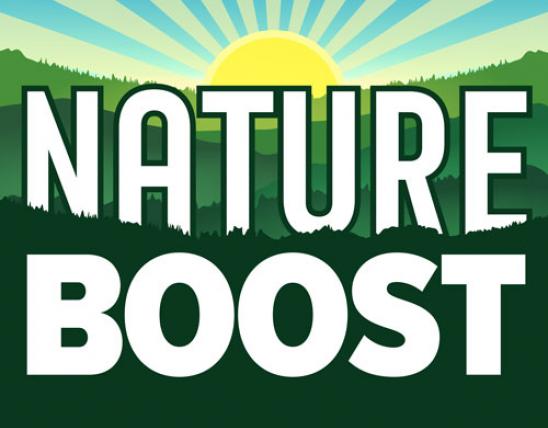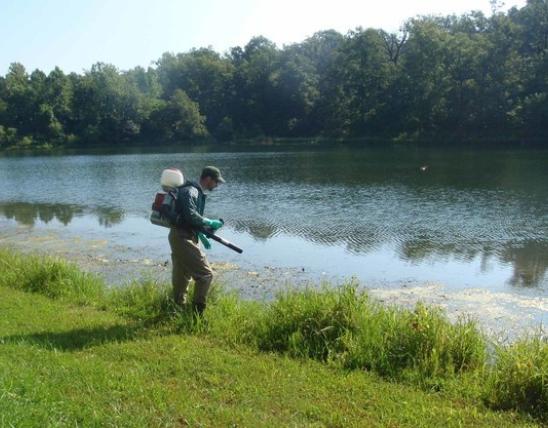Body
If you are a student, educator, or researcher and collect or possess wildlife (including body parts, eggs, nests, or tissue) for scientific purposes, you need a Wildlife Collector's Permit.
These permits expire December 31. You must submit a Wildlife Collector's Report when you renew your permit. Please allow 6 weeks for review and processing.
Your application should be as complete and detailed as possible. Subsequent amendments to the permit will be reviewed and approval is not guaranteed.
Wildlife Collector Permit Applications can now be submitted online.





















